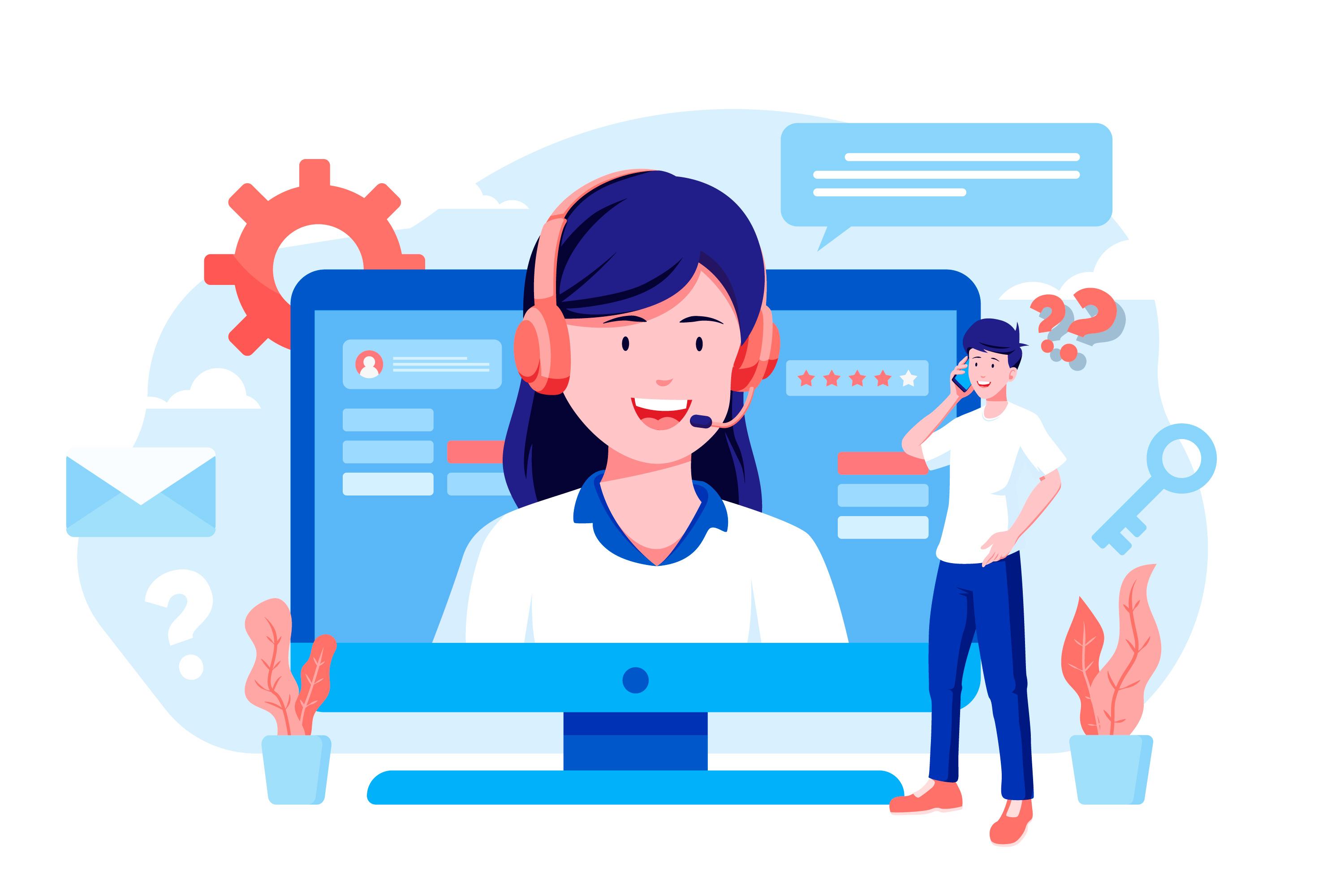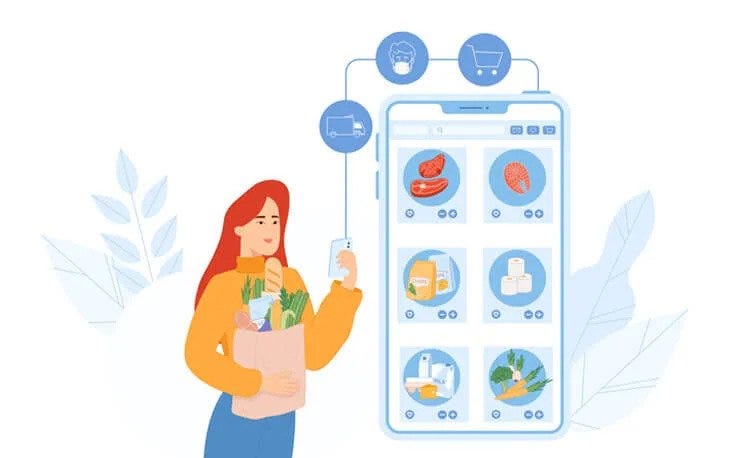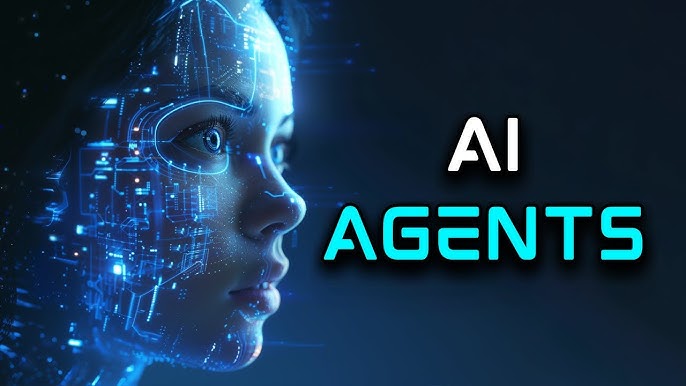Ai powered food app
AI-powered food apps are a new wave of applications that use artificial intelligence to take the stress and guesswork out of your kitchen experience. Here's a breakdown of what they offer:
- Personalized Recipe Recommendations: No more endless recipe browsing! These apps learn your taste preferences, dietary restrictions, and even what ingredients you have on hand to suggest recipes you'll love. Some, like ChefAI, even allow you to input specific ingredients and get recipe ideas based on what you have. [Example App - ChefAI: Recipes By Ingredients]
- Smart Meal Planning: Gone are the days of staring blankly at the fridge. AI apps can create customized meal plans based on your preferences, budget, and even health goals. Samsung's new "Food" app is a great example - it learns from your past choices and tailors future meal suggestions.
- Reduced Food Waste: By keeping track of expiry dates and suggesting recipes based on what you have, AI apps can help you avoid food spoilage.
- Simplified Shopping Lists: Forget scrambling for ingredients mid-recipe. These apps can generate shopping lists based on your planned meals and even integrate with online grocery services for easy ordering.
An AI-powered app is a software application that leverages artificial intelligence (AI) technology to enhance its functionality and user experience. Here's a breakdown of what that means:
- AI Techniques: These apps utilize various AI techniques like machine learning, natural language processing, and computer vision.
- Data Analysis: AI algorithms analyze vast amounts of data, including user behavior, past actions within the app, and even external information (like recipes or grocery sales).
- Learning and Improvement: The app continuously learns and improves based on the data it analyzes. This allows it to personalize features, make predictions, and automate tasks.
AI-powered grocery apps like "Never Run Out Again" use a combination of machine learning techniques to predict your shopping needs. Here's a breakdown of how it works:
Data Collection:
- Purchase History: The app tracks your past purchases, including items, quantities, and frequency. This builds a baseline understanding of your typical grocery needs.
- Consumption Patterns: By analyzing how often you buy certain items and the time between purchases, the app can estimate your consumption rate.
- External Factors: Some apps might connect to calendars or meal planning apps to account for upcoming events or planned meals that might influence your grocery needs.
Machine Learning Magic:
- Algorithms: The app utilizes machine learning algorithms to analyze the collected data. These algorithms identify patterns and relationships between your purchases.
- Predictive Models: Based on the analysis, the app builds predictive models that forecast what you're likely to need in the future.
- Constant Learning: As you continue to use the app and make new purchases, the models are constantly refined and improved, making the predictions more accurate over time.
Features Powered by Predictions:
- Smart Shopping Lists: The app generates personalized shopping lists by predicting what you'll need based on your purchase history, consumption patterns, and upcoming events.
- Low Stock Alerts: The app can notify you when items you regularly buy are nearing depletion, prompting you to add them to your list.
- Recipe Integration: Some advanced apps might connect to recipe apps or websites. By analyzing recipes you've saved or browsed, they can suggest additional ingredients you might need.
Limitations to Consider:
- Accuracy at the Start: The app's predictions will improve with more data. Initially, there might be some misses, especially for new items or unexpected changes in your habits.
- Data Privacy: Security and privacy are important concerns. Make sure the app has strong measures in place to protect your data.
- Unforeseen Needs: AI can't predict everything. The app might not be perfect for sudden cravings or last-minute changes to your plans.
How is AI used in grocery stores?
Grocery retailers use AI software for food quality inspection. For instance, aisle-roaming robotic scanners see how quickly meat or vegetables sell to gauge their freshness. AI algorithms factor in the weather, local events, and other external data points to guide grocer purchasing.
How is Aldi using AI?
Aldi has implemented AI in its stores to track flexible plastic packaging collected from the public via its front-of-store collection points. Using the eco2Veritas AI-powered system, developed by Greenback Recycling Technologies, flexible plastic will be tracked and certified.
Do supermarkets use AI?
To meet growing demand for organic products, grocery retailers are turning to artificial intelligence (AI) to optimize supply chains, improve customer experiences and make data-driven decisions.
Will AI affect grocery stores?
By adding AI technology in physical stores, grocers could increase labor efficiencies, speed up lines and make the shopping experience smoother. “We're in a challenging labor environment given the economic landscape,” Minkow said.
How AI Predicts Your Grocery Needs
Imagine this: you open your fridge, ready to whip up a delicious meal, only to discover you're missing a key ingredient. The dreaded grocery run beckons. But what if there was a way to avoid this scenario altogether? Enter the world of AI-powered grocery apps, here to revolutionize your shopping experience and predict your needs before you even realize them.
These nifty apps utilize the power of machine learning to become your personal grocery guru. Here's the magic behind the curtain:
- Data Detectives: The app acts like a data detective, meticulously tracking your past purchases. It gathers intel on everything you buy, from the frequency of your milk runs to your penchant for exotic fruits.
- Consumption Crystal Ball: By analyzing how often you repurchase items, the app transforms into a consumption crystal ball. It estimates how quickly you go through groceries, predicting when your stock is about to dwindle.
- Smart Shopper in the Making: The app doesn't just collect information; it actively learns from it. Using clever algorithms, it identifies patterns in your purchases, understanding your unique grocery habits.
This collected knowledge translates into powerful features that make your life easier:
- Personalized Shopping Lists: Forget scrambling for a pen and paper. The app generates a dynamic shopping list, pre-populated with the groceries you're predicted to need. No more mid-recipe meltdowns!
- Low-Stock Alerts: Your friendly AI assistant keeps a watchful eye on your virtual pantry. When essentials are running low, you'll receive a timely notification, ensuring you never get caught empty-handed.
- Recipe Integration (on some apps): Take your grocery game to the next level. By connecting to recipe apps, some AI wizards can analyze your saved recipes and suggest additional ingredients you might need for upcoming culinary adventures.
Now, before you jump on the AI grocery bandwagon, there are a few things to consider:
- Learning Curve: Just like any new friend, the app needs time to get to know you. Initially, its predictions might not be perfect. But with continued use, it will become a grocery genius tailored to your specific needs.
- Data Guardian: With all this data collection, security is paramount. Make sure the app you choose has robust measures in place to protect your information.
- Life's a Crapshoot: AI is powerful, but it can't predict everything. Those spontaneous cravings for ice cream or last-minute dinner parties might still require a quick trip to the store.
Despite these limitations, AI-powered grocery apps represent the future of smart shopping. By leveraging the power of machine learning, they can streamline your grocery routine, saving you precious time, money, and food waste. So, ditch the outdated shopping lists and embrace the age of AI-powered grocery assistants. Your fridge (and your wallet) will thank you for it!
Conclusion
AI-powered grocery apps are like having a psychic personal shopper in your pocket. While they might not be perfect at first, and unexpected needs can arise, these innovative apps offer a glimpse into a future of effortless grocery shopping. So, next time you're staring down a bare fridge, consider giving an AI assistant a try. They might just become your new secret weapon against grocery store mishaps.
Read more here:
1. https://mindnotix.com/blogs/revolutionizing-groceries-how-ai-is-streamlining-your-deliveries
2. https://www.mindnotix.com/blogs/the-future-of-food-delivery-ai-powering-a-smarter-kitchen
3. https://www.mindnotix.com/blogs/from-fridge-to-doorstep-how-ai-is-optimizing-your-grocery-list
For more information contact : support@mindnotix.com
Mindnotix Software Development Company


 AI-Taxi App
AI-Taxi App AI-Food App
AI-Food App AI-Property Mgmt App
AI-Property Mgmt App AI-CRM
AI-CRM AI-Fantasy App
AI-Fantasy App
 Web Development
Web Development App Development
App Development Business & Startup
Business & Startup Hire Developer
Hire Developer
 Digital Marketing
Digital Marketing Lead-generation
Lead-generation Creative Agency
Creative Agency Branding Agency
Branding Agency Augmented Reality
Augmented Reality Virtual Reality
Virtual Reality Internet of Things
Internet of Things Artificial Intelligence
Artificial Intelligence Blockchain
Blockchain Chatbot
Chatbot



